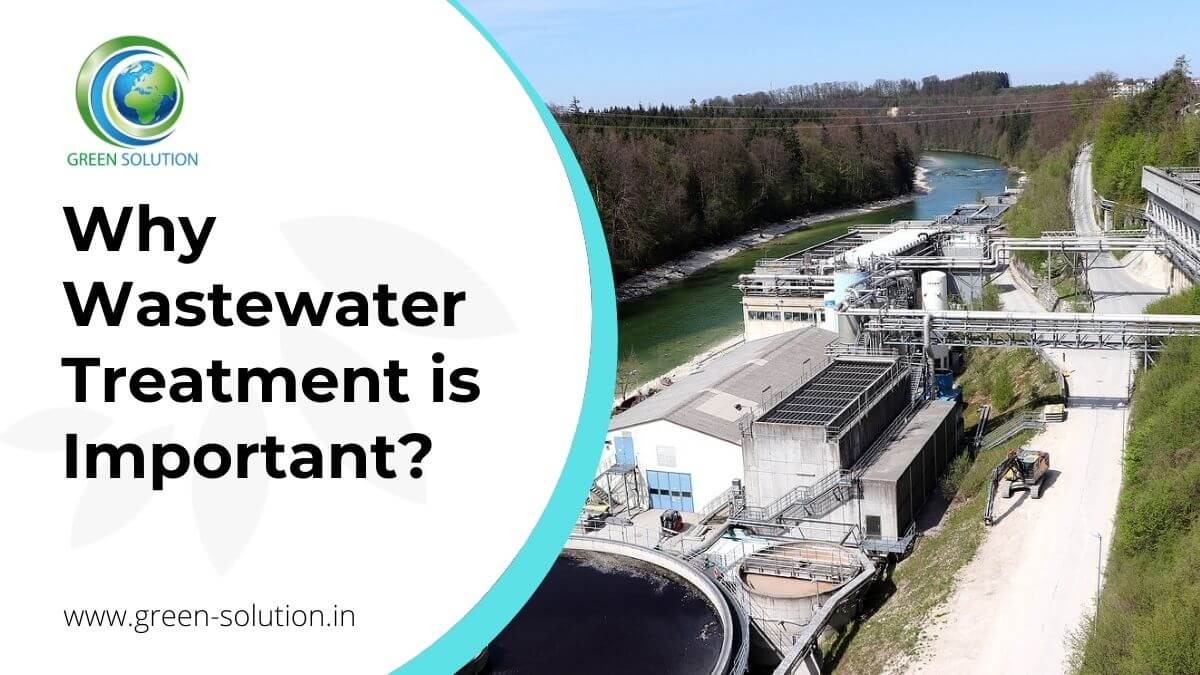Not known Incorrect Statements About Reclaim Waste
Table of ContentsWhat Does Reclaim Waste Mean?Reclaim Waste - QuestionsThe smart Trick of Reclaim Waste That Nobody is Talking AboutThe Main Principles Of Reclaim Waste Some Ideas on Reclaim Waste You Need To Know
Domestic sewer waste refers to the waste and items from a property septic tank. The proper management and disposal of residential sewer waste call for liquid waste to be moved to a sewer therapy plant where the appropriate methods and devices are applied to detoxify and dispose of waste.
Industrial waste usually consists of potential hazards, such as combustible materials or a mix of fluid and solid waste products, and needs a more innovative and comprehensive disposal procedure. The disposal of industrial waste generally entails the filtration of waste prior to transportation to make sure safe and correct disposal. Industrial waste is developed from results and drainage of industrial procedures and production.
This sort of waste can not make use of the same sewage monitoring transportation or procedures as septic or industrial liquids. The industrial waste administration procedure needs the inspection and screening of liquid waste prior to it undergoes the disposal procedure (liquid waste removal melbourne). Runoff waste is the fluid waste that comes from drainage and excess stormwater in highly populated locations or cities
Drainage waste can trigger contamination and flooding otherwise managed effectively. Find out more about sewage system cleansing and waste management. Ensuring appropriate waste administration can protect against calamities and reduce ecological harm. Both individuals in residential setups and specialists in commercial or production sectors can profit from understanding the processes and regulations of liquid waste management.
Some Known Incorrect Statements About Reclaim Waste
Call PROS Solutions today to find out about our waste administration and disposal solutions and the correct methods to care for the fluid waste you produce.
(https://zenwriting.net/reclaimwaste1/innovative-industrial-wastewater-treatment-solutions-by-reclaim-waste)Do you understand what takes place to your water when you disengage, flush the toilet or drain pipes the cleaning device? No? Well, it's worth recognizing. This so-called 'wastewater' is not only a vital source however, after therapy, will be launched to our land, waterways or the ocean. Made use of water from toilets, showers, baths, cooking area sinks, washings and commercial procedures is called wastewater.

water utilized to cool down machinery or clean plant and equipment). Stormwater, a kind of wastewater, is overflow that flows from agricultural and urban areas such as roofings, parks, yards, roadways, paths and gutters right into stormwater drains, after rain. Stormwater flows untreated straight to regional creeks or rivers, eventually reaching the ocean.
Get This Report on Reclaim Waste
In Queensland, most wastewater is treated at sewer treatment plants. Wastewater is moved from residential or commercial sites with a system of sewers and pump terminals, understood as sewerage reticulation, to a sewage treatment plant.
The Division of Natural Resources advises local federal governments concerning managing, operating and keeping sewage systems and treatment plants. In unsewered locations, local governments might call for homeowners to install specific or home sewage therapy systems to deal with domestic wastewater from bathrooms, cooking areas, washrooms and washings. The Department of Natural Resources authorises the usage of house systems when they are confirmed to be effective.
Many stormwater receives no treatment. In some new neighborhoods, therapy of some stormwater to eliminate trash, sand and crushed rock has actually started making use of gross pollutant catches. Wastewater treatment occurs in four stages: Gets rid of strong matter. Bigger solids, such as plastics and various other items mistakenly discharged to sewage systems, are removed when wastewater is travelled through displays.
Wastewater after that streams right into large containers where solids resolve and are gotten rid of as sludge. Oil and scum are skimmed from the surface. Makes use of tiny living microorganisms referred to as micro-organisms to break down and remove continuing to be dissolved wastes and great particles. Micro-organisms and wastes are integrated in the sludge. Gets rid of nitrogen and phosphorus nutrients that might create algal flowers in our waterways and intimidate water life.
Reclaim Waste for Beginners
Nutrient elimination is not readily available at all sewage treatment plants since it requires expensive specialist equipment. Clear fluid effluent created after therapy may still consist of disease-causing micro-organisms - liquid waste disposal melbourne.

A lot of wastewater moves right into the sewage system. Under the Act, local federal governments carry out approvals and licences for eco pertinent activities (Periods) involving wastewater launches that may have a neighborhood influence.
Rumored Buzz on Reclaim Waste
Otherwise, samples are considered laboratory evaluation. Usually numerous examinations are required to establish the degrees of each of the different toxins such as oils, heavy metals and chemicals in water. Monitoring offers valid info about water quality and can verify that permit problems are being met. The information gotten through tracking gives the basis for making water high quality decisions.